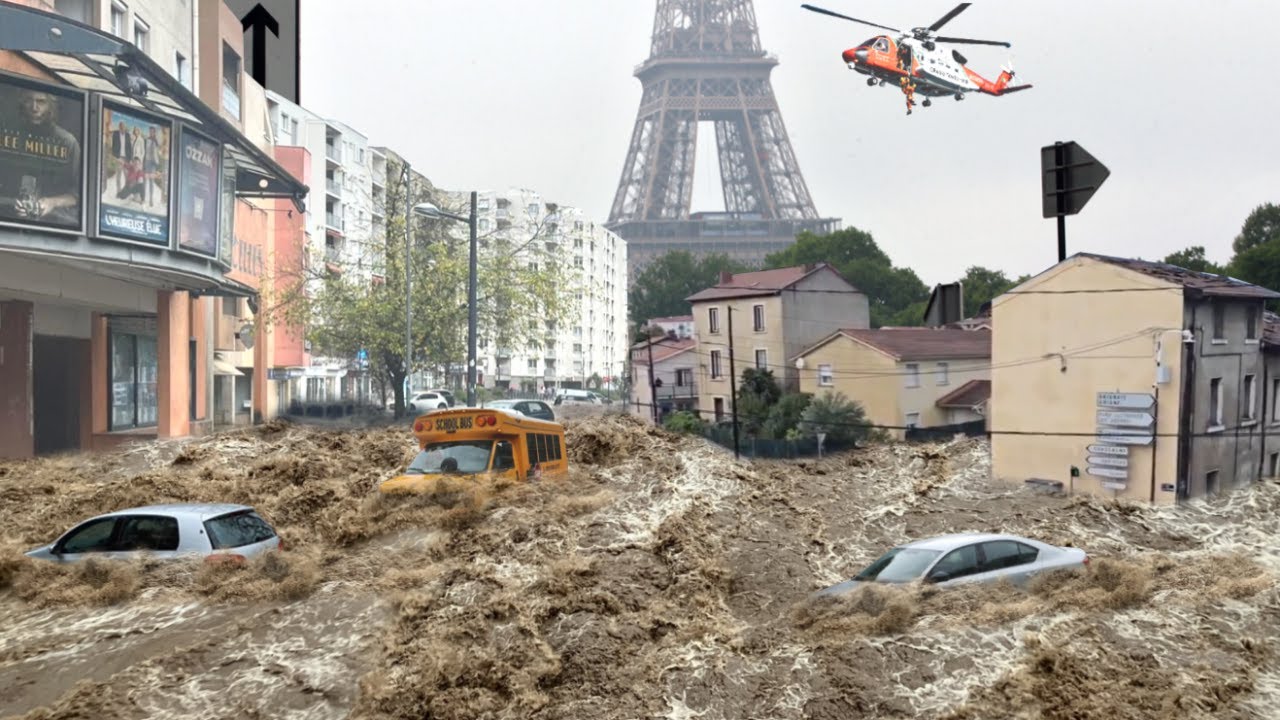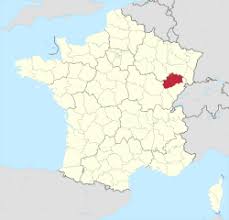
Introduction
Flash floods have recently struck various regions in France, causing widespread destruction and raising serious concerns about climate change and urban planning. The severity of these floods highlights the increasing unpredictability of weather patterns and the need for efficient disaster management systems in vulnerable areas. With climate experts warning of more extreme weather events, understanding the causes and implications of these flash floods becomes crucial.
Recent Events
In early October 2023, several regions in southern France, particularly around the Var and Alpes-Maritimes departments, experienced intense rain leading to flash floods. According to Météo-France, up to 150 millimetres of rain fell within a few hours, overwhelming drainage systems and leading to rapid water accumulation.
Rescue operations were swiftly initiated as local authorities mobilised emergency services. Hundreds of residents were evacuated from their homes, and roads were blocked due to rising waters and debris. Local officials reported that the picturesque town of Saint-Tropez was particularly affected, with water levels rising dramatically and causing significant damage to residences and local businesses.
Impact and Response
The flash floods resulted in extensive property damage, affecting both commercial and residential areas. Initial estimates suggest that recovery costs could reach millions of euros, adding financial pressure to communities already struggling with the economic impacts of the pandemic. Local businesses in tourism-dependent areas expressed concern about how these floods would deter visitors in the coming months.
The French government has pledged to assist affected areas with funding and resources aimed at immediate recovery and longer-term improvements in infrastructure to better withstand such natural disasters. Furthermore, the Ministry of Ecological Transition has announced that it will review flood preparedness strategies and consider new measures to enhance community resilience.
Conclusion
The recent flash floods in France serve as a stark reminder of the potential dangers posed by climate extremes. As global warming continues to alter weather patterns, regions susceptible to heavy rainfall may experience more frequent and severe flooding. Residents and authorities alike must advocate for sustainable urban planning and improved disaster response mechanisms to mitigate future risks. The significance of this situation cannot be overstated; it underscores the urgent need for action on climate change to protect communities and ecosystems across the nation.
You may also like

Understanding the Modern Landscape of France

France vs Germany: A Rivalry That Shaped Football History
